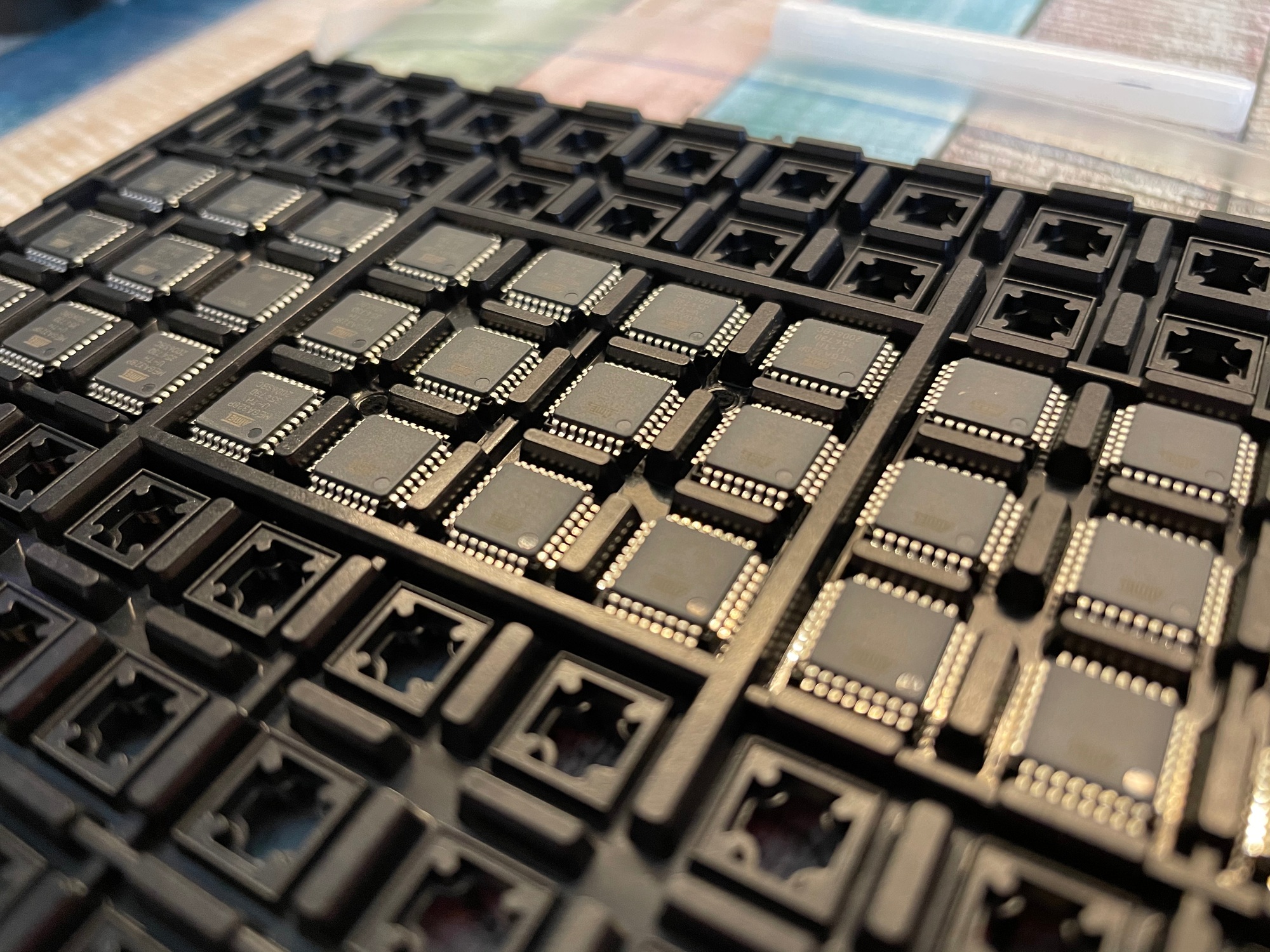In today’s fast-paced tech landscape, artificial intelligence (AI) is everywhere—from smart assistants and recommendation engines to breakthroughs in natural language processing. Yet, behind the scenes, another groundbreaking technology is quietly progressing: quantum computing. While AI dominates the headlines with its immediate, real-world impact, quantum computing is steadily advancing toward solving problems that classical computers simply cannot crack. In this post, we dive into the current state of both fields, explore how they might intersect, and shed light on the untapped promise of quantum computing.

The Unstoppable Rise of AI
AI has captured the imagination of industries and consumers alike, thanks to rapid advancements and practical applications that improve our daily lives. Some of the factors fueling AI’s explosive growth include:
- Immediate Impact: AI applications are already transforming sectors like healthcare, finance, and entertainment by optimizing processes, enhancing decision-making, and even creating art.
- Accessible Infrastructure: The technology leverages existing computer hardware—from powerful GPUs to cloud-based platforms—making it easier for businesses and researchers to develop and deploy AI solutions.
- Widespread Investment: With significant funding from venture capitalists, corporations, and governments, AI research has accelerated, resulting in continuous innovation and frequent high-profile successes.
This widespread adoption and rapid development have positioned AI as the current superstar of technological progress, drawing most of the public and investor attention.
Quantum Computing: The Hidden Giant
Despite the buzz around AI, quantum computing is making strides that promise to redefine our computational limits. Here’s why quantum computing is still a topic worth watching:
- Unparalleled Computational Power: Unlike classical computers that use bits (0s and 1s), quantum computers work with qubits. These qubits can exist in multiple states at once—a phenomenon known as superposition—which could allow quantum machines to perform complex calculations much faster than traditional systems.
- Revolutionary Applications: From breaking current encryption methods to accelerating drug discovery and optimizing logistics, quantum computing holds the key to solving challenges that are unsolvable with today’s technology.
- Diverse Technological Paths: Researchers are exploring a variety of physical implementations for quantum systems—such as superconducting circuits, trapped ions, and topological qubits—each bringing unique advantages and hurdles.
However, quantum computing also faces significant challenges, including the difficulty of maintaining qubit stability (or coherence), the need for advanced error-correction methods, and the requirement for specialized operating environments like ultra-cold temperatures.
Bridging the Gap: Synergies Between AI and Quantum Computing
While the two fields might seem worlds apart, exciting intersections are beginning to emerge:
- Quantum-Enhanced Machine Learning: Researchers are exploring how quantum algorithms might boost machine learning, potentially speeding up data processing and complex problem-solving in AI.
- Hybrid Computing Models: Combining quantum processors with classical systems could open up new avenues for tackling computationally intensive tasks, offering the best of both worlds.
- Complementary Investments: Although AI currently attracts the lion’s share of investments due to its immediate applications, strategic funding for quantum research is steadily growing, ensuring that the long-term benefits of quantum computing are not overlooked.
Looking Ahead: A Balanced Tech Future
While AI continues to revolutionize everyday applications with quick wins and visible progress, quantum computing remains a strategic long-term investment. Its potential to solve intractable problems—from advanced cryptography to new materials discovery—ensures that it will play a pivotal role in future technological innovations. Balancing the short-term benefits of AI with the long-term promise of quantum computing could eventually lead to breakthroughs that transform industries in ways we can only imagine today.

Frequently Asked Questions
1. What makes quantum computing different from classical computing?
Quantum computing utilizes qubits, which can exist in multiple states simultaneously, unlike classical bits that are strictly 0 or 1. This allows quantum systems to perform many calculations at once, potentially solving certain problems much faster than traditional computers.
2. Why does AI currently overshadow quantum computing in the public eye?
AI has achieved rapid, visible success with applications that are already integrated into our daily lives. Its development leverages accessible computing infrastructure and attracts significant investment, making its progress more tangible compared to the still-developing and technically challenging field of quantum computing.
3. How might quantum computing impact AI in the future?
Quantum computing could significantly enhance AI by providing new algorithms that process vast amounts of data more efficiently. As quantum machine learning evolves, it may offer breakthroughs in speed and accuracy, enabling AI to tackle more complex problems and drive further innovation.
Stay tuned as we continue to explore these exciting technologies and their potential to reshape the future of computing. Whether you’re an AI enthusiast or a quantum computing hopeful, the journey ahead is filled with promise and new horizons.
Sources Financial Times


